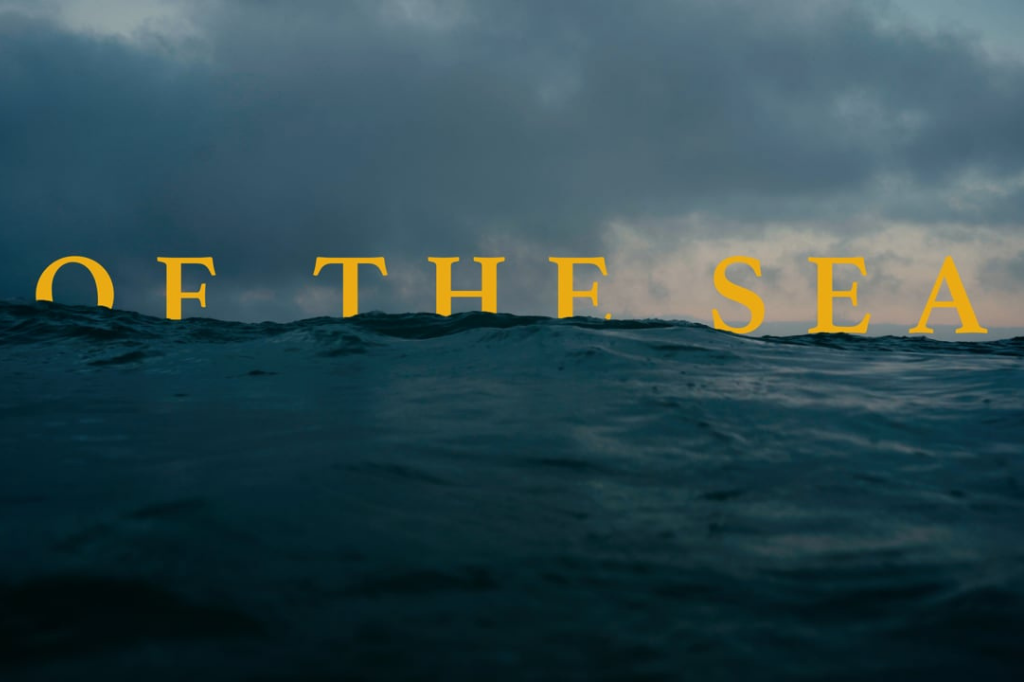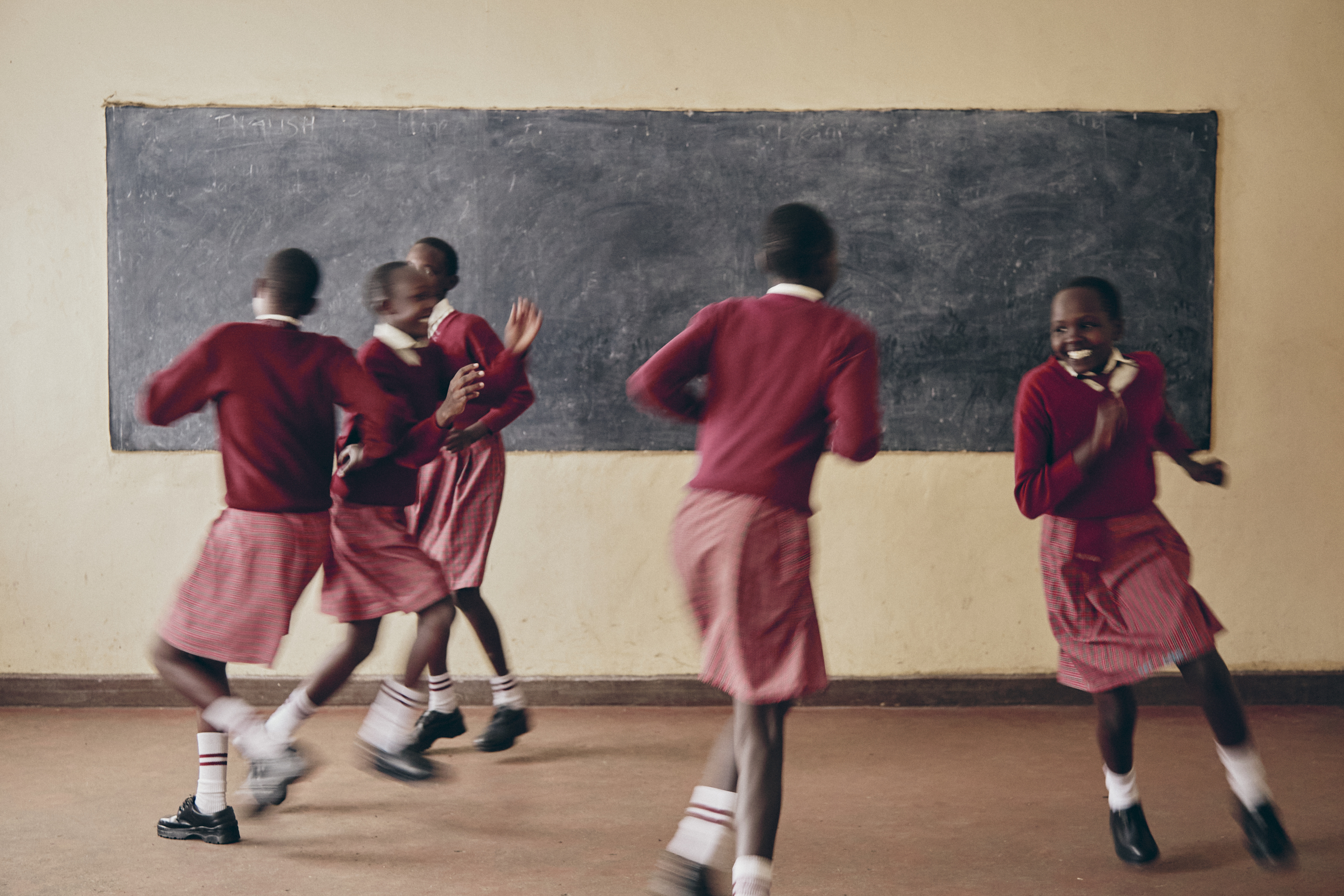Are you considering a career in photography? Gain some insight from this PiX interview with Fiona Hoadley, the director at the CTSP.
The following interview was originally published by PiX Magazine, and has been shared here with permission.
Interview with Fiona Hoadley from the Cape Town School of Photography
The subject of studying photography is always a hot topic this time of the year as we all start to plan for 2014. So we decided to pose a few questions to one of the industry leaders in South Africa, Fiona Hoadley – Director of the Cape Town School of Photography.
PiX Magazine: If our readers are considering a career in Photography, what course of action would you suggest they take that would improve their skills as a photographer and at the same time, prepare them for a future in the photographic industry?
Fiona Hoadley: Read. I do not mean this lightly. How images work, what pictures do, how they function and how you learn to look more critically to inform your own work, comes from reading. But that’s only half of it, the other half is to play. As soon as you put yourself under pressure to be a professional photographer, you lose a bit of your free spirit. As a student, you have a fantastic opportunity to play and to discover where your interest lies, what resonates with you and what it is about the image that really excites you. Photography is far more than technical savvy. The new breed of photographer is questioning purpose, significance and personal voice.
PiX: When looking to further our studies, what should we be looking out for to help identify the more credible learning institutions?
Fiona: In a way, the onus has shifted to the student to be more up-front about asking questions that really matter to them concerning the curriculum and the outcomes they anticipate. What they need to establish is: does this school suit me, how are they going to facilitate my creative development, my visual literacy, my technical and process skills, and ultimately, prepare me to face challenges in the marketplace? It’s not possible for one photography school to fit all. Now is an ideal time to visit end of year exhibitions, to meet current students and ask questions and look at work. View our 2012 student catalogue online.
The tenor of our curriculum is to develop creative, thinking photographers – not a particular genre outcome. And we play with light a lot, photography is after all the study of light.
View the Cape Town School of Photography’s 2012 Student Catalogue.
PiX: Many enthusiast photographers find themselves stuck in a career that they are not enjoying and would love to make the move to earning a living from photography on a full time basis. What advice do you have to offer them?
Fiona: Inform yourself. There is an image revolution going on out there. Photography has changed; technically, aesthetically, in structure and in form, and we haven’t even started the conversation about the impact of social media or the backend business of photography. To be an innovative image maker requires insight, possibly a bit of foolhardiness and a whole lot of gut – in no particular order. Any professional photographer will say that if you have a job, you have working hours, but photography does not subscribe to any notion of hours. We also forget that photography is part of a much wider gamut; there’s the citizen journalist, retouchers, reality cams, video, 3-D and other hyperrealities, not to mention that film is back (how excited are we!). It may be daunting to consider a career in photography, but there could be nothing more current, innovative and necessary right now than meaningful images and good image makers.
PiX: South Africa has some amazingly talented photographers who have just never had the chance to get “out there” and become noticed. What opportunities exist for young artists to make a name for themselves in our industry?
Fiona: One of the biggest shifts in photography in recent years, is the increase in grants and funding. Previously, photographers would work their bread and butter jobs and do their personal photography on the side. But personal projects are often where the passion lies, where the need to expose something or change something through the power of the image exists. There used to be little scope to pursue these projects, but now with on-line crowd-funding sites like Kickstarter and Emphas.is, photographers can put their projects “out there”. The caveat to this is the eloquence needed to communicate the project’s purpose, something many photographers lack.
Collaboration is another huge area of growth. The concept of the whole being more than the sum of its parts, opens opportunities for connecting to other networks, sharing skill sets and keeping the cycle of growth going. There is also a general misconception, we believe, that if the photographer is not “out there” on every social network platform, shouting louder and louder into a more and more cluttered environment, that they will fail. What is needed is meaningful interactivity; where the mixing of your media platforms is synergistic so that whatever narrative it is you are creativing, it is sustainable across the hyperlinks of cyberspace and provides sufficient context for the curious.
To speak about the professional industry is perhaps not our field of expertise, but what we do stress to our students is to develop a curiosity with their world. Read, build a digital library of the images that you love, keep a visual diary, watch films, observe your environment… and arrive before the time.
PiX: A large amount of enthusiast photographers already have a sound basic knowledge of photography but would love to improve their skills in a specialist area only. How much choice do they have when it comes to enrolling in a course that will meet their specific need?
Fiona: I wish there was an easy answer for this; we would all be super skilled and brilliant! The South African market for specific skills is limited, and most photographers turn to the internet for information. Having said that, there are opportunities around so be on the lookout for masterclasses, for example, or specialist photographers offering to share their expertise in workshops. These normally come at a price and are often wasted on the individual who has not yet grapsed the basics. Try for a day to shoot with your digital camera’s LCD screen taped closed, an exercise we do with our students, and see how much you know about the dynamics of your camera functionality. It’s quite a challenge, see this YouTube video:
PiX: What would you say the average percentage difference is between the amount of theory covered in your various courses and that content which is done practically?
Fiona: The one informs the other continually. For example, we have two theory based subjects that require practical responses and two practical subjects that require a theory response. But on the whole, our full-time course is mostly practical, and a lot of it. Whether its turning a classroom into a camera obscura, making pinhole cameras from recycled products, lighting a white toilet roll on a white background in as many lighting scenarios as possible or debating objectivity, manipulation and the search of truth, students learn to develop an intimate relationship with the image.
PiX: What does the Cape Town School of Photography have to offer its students that other learning institutions can’t?
Fiona: We don’t claim to know what other institutions offer nor do we say we offer what others cannot. We simply offer what we believe to be a programme that invites a curious visual mind to explore uninhibited the potential of their own creativity. And we’re not an institution, we prefer to call ouselves a learning hub.
The interview was originally published by PiX Magazine. Visit the Cape Town School of Photography’s website to view their available courses and workshops.









